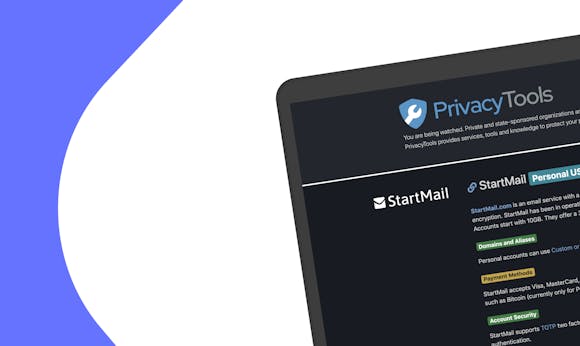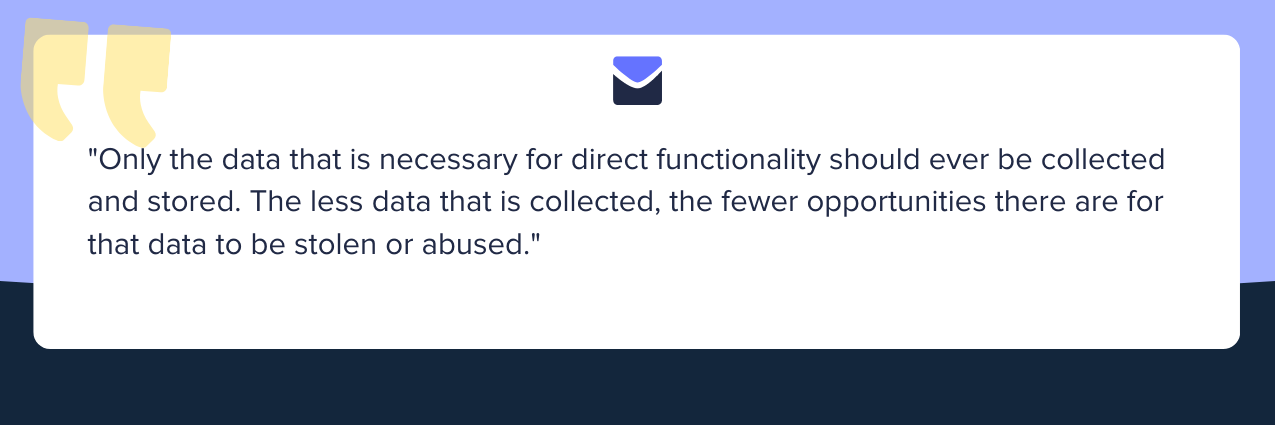
US and Canada Ban TikTok on Government Devices
US and Canada Ban TikTok on Government Devices
The US and Canadian governments are taking action to ban the use of TikTok on government devices for security reasons. As a company that places a high value on privacy and data protection, we believe it is critical to raise awareness about the risks that arise from data collection by tech companies, including those headquartered in China.
Algorithms and data-driven marketing tactics can have a negative impact on individuals and communities, and we support all efforts to limit the collection and use of personal data by Big Tech. This concern is particularly relevant in the context of government surveillance, where unchecked data collection and processing can threaten the privacy and civil liberties of citizens.
If governments are serious about protecting the privacy and security of their citizens, they should also impose a higher standard for data privacy rights within their borders and encourage tech companies to adopt more transparent and responsible data practices.
In our view, only the data that is necessary for direct functionality should ever be collected and stored. The less data that is collected, the fewer opportunities there are for that data to be stolen or abused.

While we are waiting for lawmakers to take action, individuals should take proactive steps to safeguard their own data and be more aware of the risks associated with using certain apps and services. One way to achieve greater privacy and security is to use privacy-respecting tools like secure email provider StartMail or privacy-focused search engine Startpage. We encourage individuals and organizations to consider such tools as a starting point for safer and more private use of the internet.
More information about StartMail can be found on our press page.
More from the blog


Startling Email Privacy Facts That Will Make You Rethink How to Protect Your Inbox
Continue reading
Startmail.com Encrypted Email Service Blocked in Russia – Updated
Continue reading
What Is GDPR and How Does It Protect Your Online Privacy?
Continue reading